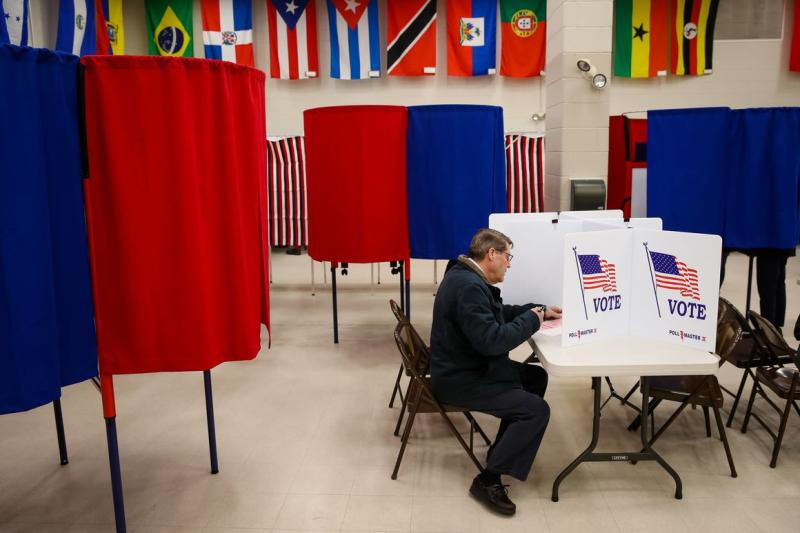The Lost 110 Words of Our Constitution


The 14th Amendment says states that infringe the vote must lose representation in Congress. It’s time to make this happen.

The U.S. Constitution is famously short—a mere 7,591 words, including its 27 amendments. That makes it all the more remarkable that 110 of those words have been, in effect, lost to the ages.
These forgotten words form Section 2 of the 14th Amendment, which was designed to guard against the infringement of voting rights. The lost provision is simple: States that deny their citizens the right to vote will have reduced representation in the House of Representatives.





I bet you’ve never heard of that part of our founding document. That’s because, throughout U.S. history, legal ambiguities and confusion over implementation authorities have kept this provision from realizing its potential. But there are ways to put it to work right now. And there’s no better time. From widespread closure of polling locations and expanding imposition of voter identification laws to escalating purges of voter rolls , assaults on the right to vote nationwide illustrate that we need these lost words back, urgently.
One only has to look at MT. ND and SD to see voter supression in action.
Yup. Those who were here before this land became America, are having their votes suppressed. I wonder who that benefits....
Oh, seems that NC is in the mix as well.
Court blocks North Carolina GOP's voter ID law for intentionally discriminating against black voters
Supposedly our soldiers have waged war, sacrificed themselves to preserve our democracy and safeguard America's right to vote. Therefore, would it be proper for our military tp
seek out those on the Homefront that attempt to thwart democracy or suppress the vote and exact justice on these legislators?
Yup, why not? The constitution calls for corrective action when voter suppression takes place.
Well, if everyone wants to open this can of worms then okay. What the language of the 14th amendment also suggests is that non-citizens are not included in apportioning representation. The census identifies those under age 21 for apportioning representation. But onl voter eligibility identifies those over age 21 that are included in apportioning representation. Non-citizens and those over age 21 who are ineligible to vote aren't included in the count.